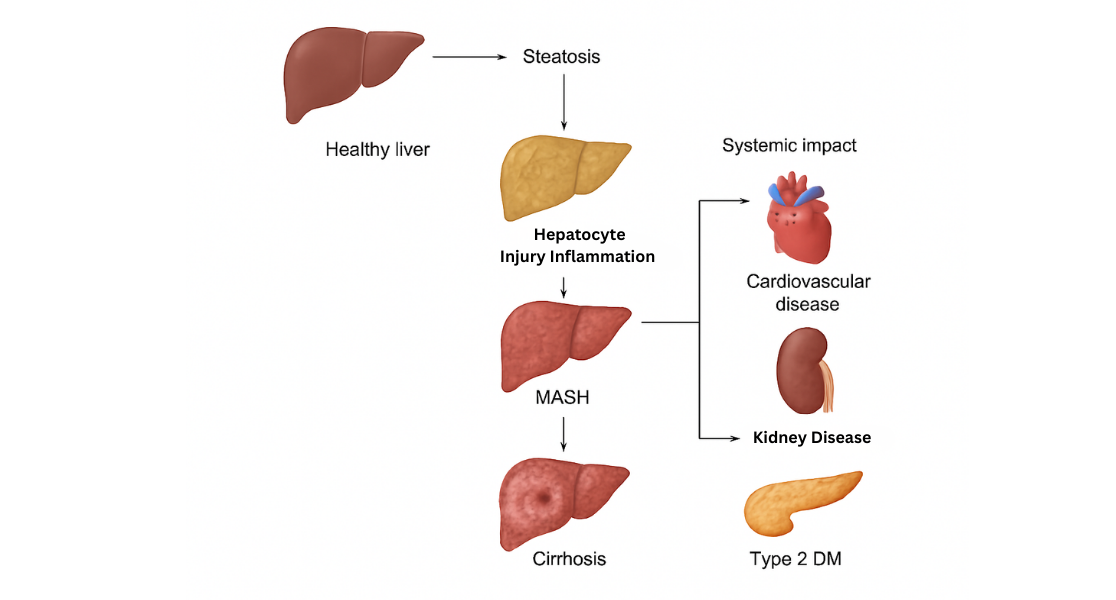Introduction
Women’s mental health is frequently dismissed as being less important than physical health. But the reality is far more serious: mental well-being is just as critical as physical wellness. Women, in particular, face unique biological, social, and cultural challenges that deeply affect their state of Statistics show that women are more likely to experience depression, anxiety, and trauma-related disorders compared to men. Yet, the voices of many women with mental health struggles remain unheard due to stigma and a lack of awareness. Female mental health isn’t just about illness—it’s about emotional balance, resilience, and overall life satisfaction.
Although global awareness of mental health issues affecting women is slowly spreading, there is still a long way to go. The first step toward change is to acknowledge and address these obstacles.
Why Women’s Mental Health Is Important
Women form half of the global population, yet when it comes to mental health, women are often left behind in policies, awareness campaigns, and medical support systems. If women continue to silently suffer, entire families and communities also feel the ripple effect. Mentally strong women nurture healthier families, stronger workplaces, and more balanced societies.
Understanding Gender Differences in Mental Health
Why are women more likely than men to report experiencing depression and anxiety? Researchers suggest several factors:
- Women experience hormonal fluctuations across different life stages.
- Social inequalities often push women into stressful roles.
- Trauma, violence against women, and violence based on gender are more common in women.
We can design solutions that directly address female mental health issues once we understand these differences.
Common Mental Issues in Women
1- Disorders of Anxiety
Anxiety often feels like a constant alarm ringing in the mind. Multitasking, emotional sensitivity, and life stressors make this more common in women. Workplace deadlines, family demands, and even social expectations amplify this mental pressure.
2- Depression and Mood Swings
Depression is a heavy cloud that many women with mental health struggles live under. Under forced smiles, mood swings, lack of energy, and hopelessness are frequently hidden.
3-Postpartum Depression
Childbirth is celebrated, but not everyone knows about the silent tears mothers shed behind closed doors. Postpartum depression makes many new mothers feel disconnected, guilty, and overwhelmed.
4-Eating Disorders
Beauty standards pushed by the media create deep insecurities. From anorexia to binge eating, women develop harmful habits in pursuit of unrealistic ideals.
Trauma and PTSD in Women
Many women face domestic abuse, harassment, or childhood trauma. These experiences leave scars that linger for years, affecting their mental stability.
- Biological and Hormonal Factors
- Puberty and Menstrual Cycles
The emotional rollercoaster starts young. Hormones surge, emotions swing, and self-image struggles appear. Teenage girls often face depression linked to these cycles.
1-Pregnancy and Postpartum
Pregnancy brings joy but also fear, exhaustion, anxiety, and false thinking. Postpartum depression remains one of the most overlooked mental issues in women.
2-Menopause and Beyond
During menopause, hormonal changes frequently cause insomnia, anxiety, and irritability. During this time, many women suffer silently because they lack support.
3-The Impact of Pressures from Others: The Burden of Societal Expectations
Women are told to “be strong,” “sacrifice for family,” and “balance everything.” This pressure builds a silent volcano inside, waiting to erupt.
4-Workplace Challenges
Gender inequality, workplace harassment, and unequal pay contribute to burnout and emotional distress. Many women leave careers to protect their mental health and address women’s issues.
5-Family Responsibilities and Caregiving
Women frequently feel worn out trying to keep up with work and caring for others. Self-care is frequently neglected when spouses, parents, and children are involved.
Stigma Around Mentally Ill Women
Reversing Negative Thinking A mentally ill woman is often dismissed as “emotional” or “unstable.” This dangerous label prevents thousands from seeking help.
Cultural Perspectives on Women with Mental Health Issues
In many societies, women are discouraged from speaking about their struggles. Silence becomes a prison, worsening their condition.
1-The Role of Relationships in Female Mental Health
- Romantic Relationships and Emotional Well-being
- Emotional neglect, abuse, or lack of support makes women vulnerable to breakdowns.
Friendships and Social Networks
Good friendships act as invisible therapists. Sometimes, a conversation between two people can heal better than medication.
Mental Health Women in Different Age Groups
1-Young Women and Teenagers
Academic pressure, influence from peers, and concerns about body image deeply affect teenage girls, while constant comparisons on social media further lower their self-confidence.
2-Adult Women
Adult women face the “superwoman” trap—career, children, and relationships all at once. Burnout becomes inevitable.
3-Older Women
Loneliness and declining health make older women prone to depression and anxiety. Many silently long for companionship and support.
Barriers to Seeking Help
Financial Limitations
Therapy is often costly. Many women sacrifice their own well-being to prioritize family expenses.
Lack of Awareness
Without awareness, many don’t even realize they are dealing with serious mental issues in women.
1-Fear of Judgment
The fear of being labeled as “mentally ill women” keeps countless women from opening up.
Effective Solutions for Women with Mental Health Struggles
2-Therapy and Counseling
Therapists assist in identifying triggers and offer coping strategies. Support Groups and Communities
Women feel stronger when they realize they’re not alone. Support groups offer solidarity and comfort.
3-Lifestyle Changes and Self-Care
Yoga, meditation, exercise, and journaling are natural remedies that improve female mental health.
4-Role of Family and Society
How Families Can Support Mentally Ill Women. The act of listening without judgment can transform someone’s healing journey.
- Families must create safe spaces.
- The Need for Community-Based Mental Health Programs
- Community workshops, helplines, and awareness campaigns can normalize mental health discussions.
Female Empowerment and Mental Strength
1-Building Resilience
Women become mentally stronger with every challenge they face, and resilience is like armor.
2-Education and Awareness
Preparing girls for adulthood by teaching them about emotions, stress management, and mental health
Mental Health in Females and Technology Mobile Apps for Mental Wellness
- Online Therapy Platforms
- For women who are hesitant to visit clinics, Teletherapy offers privacy and accessibility for women
- Case Studies and Real-Life Stories
- Women Who Overcame Mental Struggles
- From celebrities opening up about depression to ordinary women sharing their resilience, real stories inspire others to seek help.
- Inspiring Journeys of Recovery
- Recovery isn’t linear, but countless women prove it’s possible with persistence and support.
- Preventive Measures for Women and Mental Health
Healthy Habits for Mental Stability
Balanced diets, regular exercise, and mindfulness reduce stress.
1-The Crucial Role of Early Detection
Lives are saved when early warning signs like constant fatigue, mood swings, or withdrawal are recognized.
Global Perspective on Women and Mental Health
1-Women in Developing Countries
Lack of resources and stigma make mental health worse in poorer regions.
2-Women in Urban Societies
Fast-paced lifestyles create unique stressors, leading to rising anxiety and burnout.
Support for Female Mental Health in the Future Policy Changes Needed
Governments must prioritize mental health initiatives in schools, workplaces, and healthcare systems.
3- A World Without Stigma
Picture a world where a woman can openly say, “I need help” without facing criticism—that’s the kind of future we should strive toward.
Conclusion and Future Outlook
The connection between women and mental health is undeniable, yet overlooked. Women face hormonal, social, and cultural battles that make them more vulnerable to mental struggles. However, weakness is not the same as vulnerability; strength comes from asking for help, speaking up, and supporting one another. A future where female mental health is taken seriously is not far away if society collectively invests in awareness, resources, and empathy. Healing begins when we start listening.
FAQs
1. What are the leading causes of mental issues in women?
Hormonal shifts, social pressures, and trauma are major factors.
2. Are women more likely to experience depression than men?
Yes, women experience depression nearly twice as often due to hormonal and environmental influences.
3. How can mentally ill women be supported in families?
By reducing stigma, offering unconditional support, and encouraging professional care.
4. Can lifestyle habits improve female mental health?
Absolutely—exercise, healthy eating, mindfulness, and rest help greatly.
5. What’s the role of technology in supporting women with mental health?
Apps, online therapy, and digital communities provide safe spaces for healing.










